Dupa plasarea solicitării de comandă, in sectiunea Istoric puteti vedea cate solicitări de comandă mai avem de procesat inaintea dumneavoastra
Program de lucru: Luni - Vineri 9:00 - 18:00, pauza 13:00 - 14:00.
Se efectueaza lucrari de mentenanta la site si pot aparea erori. In cazul in care intampinati erori va rugam sa reincercati mai tarziu.
Ridicarea personala este disponibila pentru comenzile achitate in avans. Se pot ridica dupa ce sunt pregatite.
No products
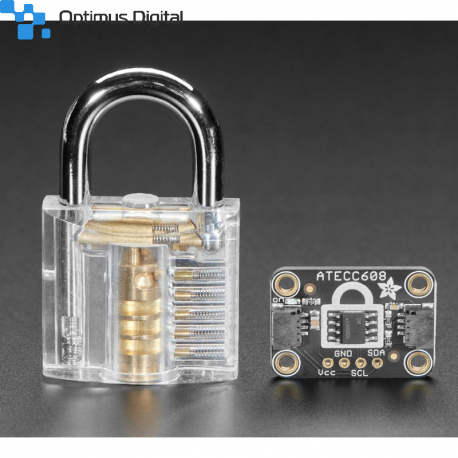 View larger
View larger
Adafruit ATECC608 Breakout Board - STEMMA QT / Qwiic
P4314
New product
You've got secrets, and you want to keep them safe? Most microcontrollers are not designed to protect against snoopers, but a crypto-authentication chip can be used to lock away private keys securely.
See description for more details about the product.
Add to cart now!
This product is no longer in stock
- Write a review
- Remove this product from my favorite's list.
- Add this product to my list of favorites.
More info
Description
You've got secrets, and you want to keep them safe? Most microcontrollers are not designed to protect against snoopers, but a crypto-authentication chip can be used to lock away private keys securely. Once the private key is saved inside, it can't be read out, all you can do is send it challenge-response queries. That means that even if someone gets hold of your hardware and can read back the firmware, they wont be able to extract the secret!
The ATECC608 is the latest crypto-auth chip from Microchip, and it uses I2C to send/receive commands. Once you 'lock' the chip with your details, you can use it for ECDH and AES-128 encrypt/decrypt/signing. There's also hardware support for random number generation, and SHA-256/HMAC hash functions to greatly speed up a slower micro's cryptography commands.
We're starting to see these low-cost secure element chips in various products, so that a less expensive chip can be used to drive peripherals, without worrying about security. This chip does not have a public datasheet, but it is compatible with the ATECC508 earlier version which does, so please refer to that complete datasheet as well as the ATECC608 summary sheet. The good news is that, despite not having complete documentation, there is some software support. For Arduino use, check out the Arduino ATECCx08 library. For Python and C/C++ check out Microchips Cryptoauthlib (yes we also think it's odd that there's no datasheet but there is published code)
To make working with the ATECC608 as easy as possible, we've put it on a breakout PCB with the required support circuitry and SparkFun qwiic compatible STEMMA QT connectors. This allows you to use it with other similarly equipped boards without needing to solder. This chip will work with 3.3V or 5V power/logic micros, so it's ready to get to work with a range of development boards.
Please note the I2C address is fixed at 0x60 and according to Microchip, you should use this at higher I2C speeds like 400KHz if other devices are on the I2C bus, to avoid some I2C bus contention (much like the datasheet, this is not documented anywhere yet)
Clear Padlock and STEMMA QT cable not included (but we have them in the shop)
Technical Details
- Product Dimensions: 25.5mm x 17.7mm x 4.7mm / 1.0" x 0.7" x 0.2"
- Product Weight: 1.8g / 0.1oz
Don't delay. Buy today.
Add to cart now!
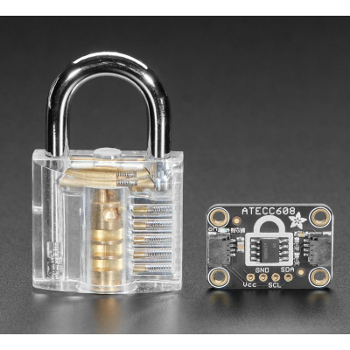
Reviews
Customers who bought this product also bought:
-
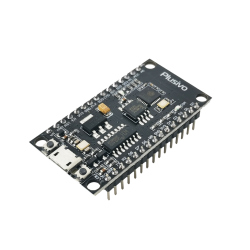
Plusivo...
The Plusivo Micro development board is not...
$6.80
-
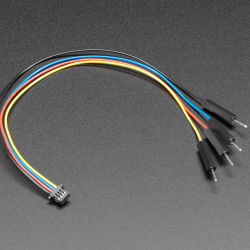
JST SH 4-Pin...
This 4-wire cable is a little over 150mm / 6"...
$2.88
-
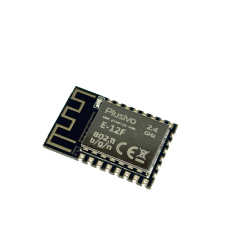
Plusivo...
Plusivo ESP8266 ESP-12F Wireless Module
$4.56
-
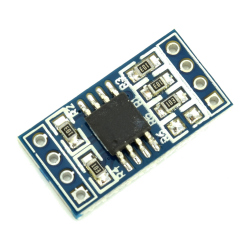
W25Q64B...
This module is an ideal solution for temporary...
$3.84
-
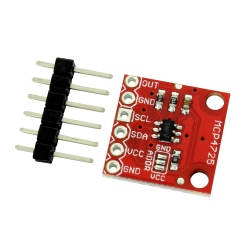
DAC MCP4725...
The MCP4725 is a low-power, high accuracy,...
$6.00
-
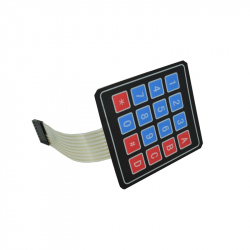
4x4 Matrix...
Whether your project is space constrained or...
$1.68
-
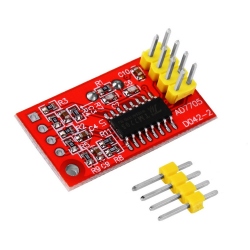
AD7705 16...
This ADC module is ideal for reading data from...
$6.00
-
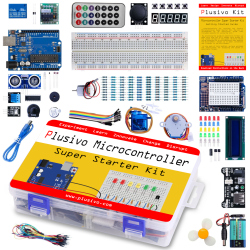
Plusivo...
Comes with a detailed and user-friendly...
$43.20
-
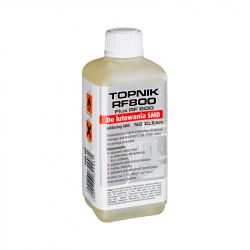
RF800 Flux...
machine soldering in professional and consumer...
$6.00





